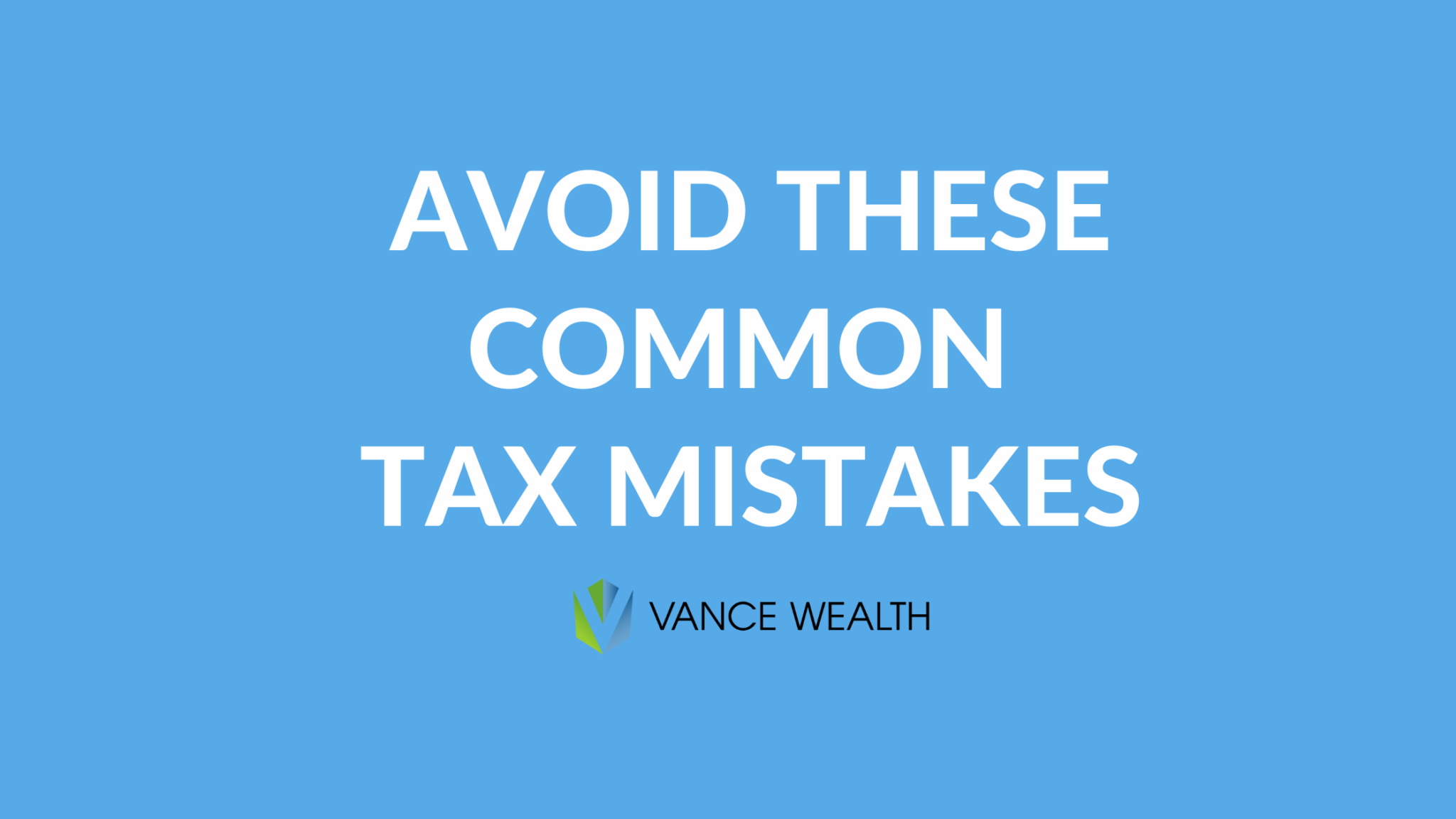Avoid These Common Tax Mistakes

The most costly and common tax mistakes are not errors but missed opportunities to achieve more. Here’s how to avoid them.
More often than not, the most costly tax mistakes we see are not errors but missed opportunities. Including overlooked opportunities for long-term planning, strategic deductions, and reduction of your lifetime tax liability.
The easiest way to make a mistake on your tax return is to skip the crucial planning steps recommended by your team of trusted advisors. Why? If you can put those simple practices in place, then the rest is up to them.
To help you prepare for your best tax season yet, we’ve compiled the three missed opportunities that can cost the most and the simple steps you can take to aim to avoid them.
- Lack of Teamwork
If you are like many people, you rely on a team of one – your accountant – to prepare your tax return each year. Then, when it comes time to review that return, you give it a quick glance and sign it – without actually knowing what it says.
“That’s really normal because you’re neither equipped nor expected to understand the minute details of your return. That’s why you hire a professional and assume they’ve done it all correctly,” explained John Vance, President of Vance Wealth. “By working with a team of professionals, however, this responsibility doesn’t fall on the shoulders of just one person.”
Plus, each trusted professional brings something different to the table. For example, an accountant works on the compliance elements of your tax return and collects, prepares, and files the essential documents. A financial planner, on the other hand, works in conjunction with the accountant to create a long-term, comprehensive tax strategy.
“Working with a team of professionals ensures that you have a second pair of eyes on your return, as well as a plan that considers how your tax strategy fits into the larger context of your financial goals.”
- Lack of Planning
At Vance Wealth, tax planning is a consistent process that we work on throughout the year. Once your big-picture plan is in place, we meet with you annually to check in and make any necessary course corrections. Then, when it comes time to file, we request a draft of your tax return before it’s submitted.
“This process is built into our service model to ensure a more thorough review and minimize amendments. Amending a tax return isn’t ideal because it takes more time, and it could increase the risk of an audit,” John explained. “This is even more important for our business owner clients since there’s usually a higher level of complexity.”
A draft review gives your entire team the opportunity to catch errors or omissions while there’s still time to correct them without penalty.
- Lack of Time
Another way to give your team enough time for thorough planning is to file an extension.
“Many people have the idea that filing an extension is bad,” John explained. “Unless you’re counting on a big return, there’s no reason you need to file on the first deadline – especially if it’s advantageous to wait.”
An extension allows your team to collaborate and discuss the best course of action, ensuring that your return gives you the best savings now and in the future. So not only are you avoiding the rush that comes with a busy season, but there’s also anecdotal evidence to suggest an extension can reduce your chance of an audit.
“Time, collaboration, and attention to detail can be more beneficial than an early return,” John explained, “because you can rest assured it’s being done right the first time.”
If you want to avoid these simple yet costly missed opportunities, we encourage you to schedule a complimentary tax plan review with one of our Wealth Advisors – before it’s too late. Our team of advisors gets busier as we approach year-end, so the time to act is now. To schedule your consultation: Book an appointment here.
Vance Wealth, Inc. (“Vance Wealth”) is a registered investment advisor. Advisory services are only offered to clients or prospective clients where Vance Wealth and its representatives are properly licensed or exempt from licensure. The information provided is for educational and informational purposes only and does not constitute advice. Vance Wealth does not provide tax or legal advice. You should contact your tax advisor and/or attorney before making any decisions with tax or legal implications.



